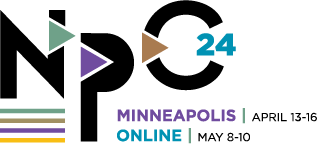Sunday, April 22, 2018 from 2:45 p.m. - 4 p.m. CDT
Location: R03
WHAT YOU’LL LEARN
- How to recognize Latino urbanism in the built environment and understand how Latino urbanism is a culturally relevant form of self-expression that helps communities gain place-based equity
- Why it's important for planners to be familiar with the landscapes of under-represented communities, as a first step to protecting them
- How to envision new and culturally valuable ways for bettering low-income areas using tools that are already common practice within Latino communities, and provide support and advocacy for these practices
MORE SESSION DETAILS
Like other marginalized communities, Latinos often take community development into their own hands, particularly where planning policies have interfered with robust economic and community development. The informal, ad hoc urban practices of Latinos — often referred to as Latino urbanism — engage the imaginations, bodies, objects, and landscapes to create economic, social, and cultural survival. This vernacular serves the internal needs of the community where mainstream planning and community development have failed. This panel examines the ways Latinos cope with inequitable conditions such as poor air quality, lack of basic goods and services, high pedestrian fatalities, and displacement and isolation. Explore ways Latinos engage with the built environment to recreate cultural landscapes and resilient social communities. Examine how Latino urbanism builds resilient communities, with special focus on Latino border communities. How can adaptations in the built environment be seen as positive for neighborhoods and cities on the border? How do we identify culturally relevant practices on the built environment that may contribute to social equity? How can policies be more sensitive and adaptive to cultural landscapes? The panel will engage in a lively discussion about how planning for Latino communities can actually be a healing process.
Session Speakers

Andrea Garfinkel-Castro
Speaker
South Ogden, UT

Bara Safarova
Speaker
Texas A&M University, Department of Architecture
Austin, TX

Cecilia Giusti
Speaker
Texas A&M University
College Station, TX

James T. Rojas
Organizer and Speaker
Oakland, CA
Activity ID: NPC188240

